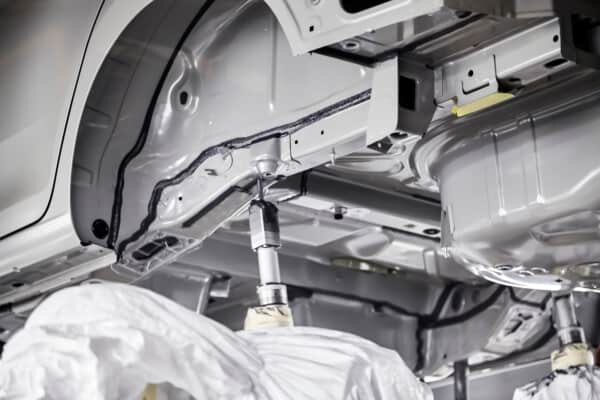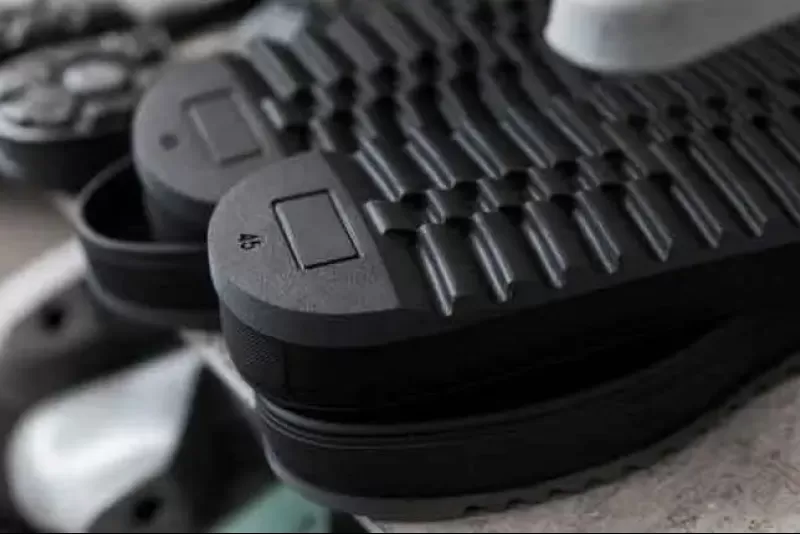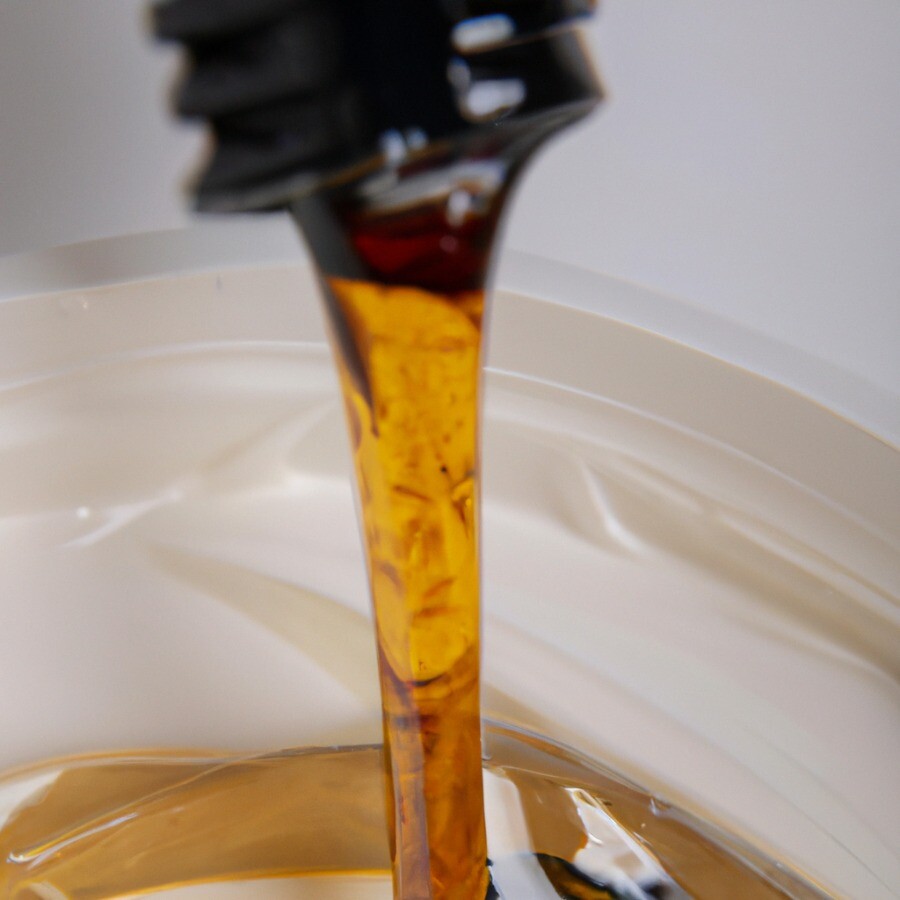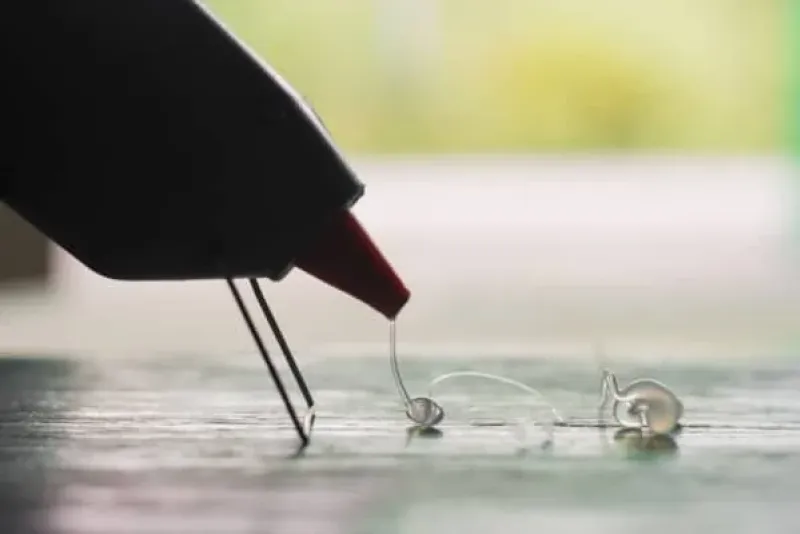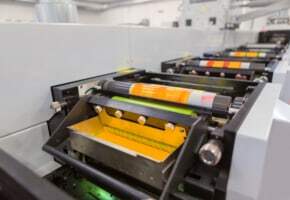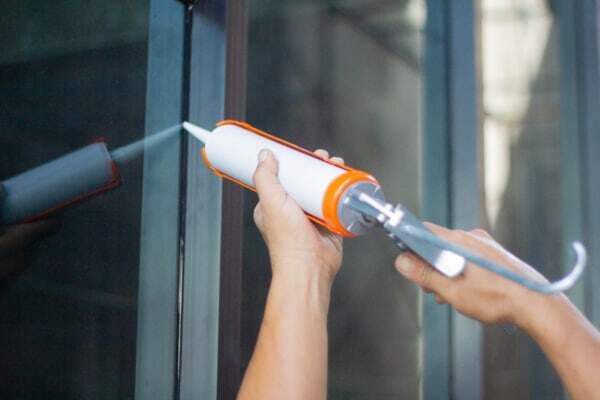Biodegradable and compostable glues and adhesives
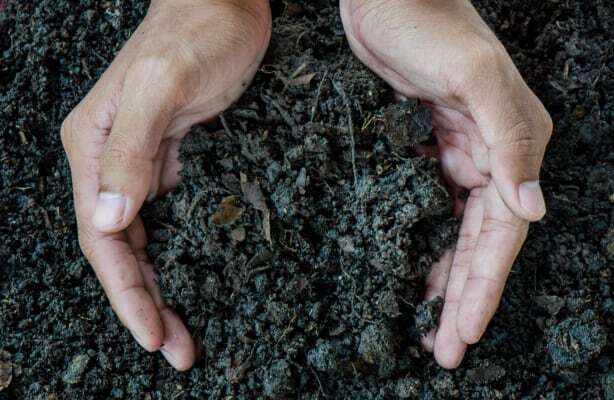
Biodegradable polymers driven by demand, and necessity
The need for sustainable, even biodegradable polymers - in particular for biodegradable adhesives and compostable glues - has never been greater. The world’s population is growing, living standards are rising and an increasing number of industries are facing the harsh reality of environmental concerns and a demand for sustainability.
Biodegradable adhesive systems now serve a wide variety of industries, from general packaging to the specialized medical sector. With the adhesive systems under continuous development, new applications are frequently introduced. The invention and further improvement of biodegradable glue allow for greener bonding solutions and reduced environmental impact.
Compostable adhesive – a type of biodegradable glue
The terms compostable and biodegradable are often considered synonyms. However, they are not. Biodegradable adhesives refer to glues that break down naturally, eventually. Compostable adhesives are also biodegradable, but they only deserve the title if they comply to a specific break-down process, and do such within a restricted period of time.
Compostable adhesives may break down in domestic or industrial conditions, depending on the adhesive formulation. They take much less time to break down into useful or harmless components than biodegradable materials generally do.
Benefits of biodegradable and compostable adhesive technology
Biodegradable adhesives, including compostable glue, first were available for a very few applications. However, their extremely green approach towards bonding encouraged the development of new systems, suiting an ever-increasing range of applications. General sustainability aside, biodegradable glues come with more benefits:
- No microplastic pollution: biodegradable adhesives consist of natural materials that do not lead to microplastic pollution at any stage of their lifecycle.
- Reduced waste processing costs: biodegradable glue breaks down into natural gases and biomass, which reduces waste processing costs. Waste processing does not involve hazardous chemicals. Compostable glue waste is especially economical to process. The breaking down is generally faster than with other biodegradable glue systems.
- Soil enrichment through waste: the products of breaking down compostable adhesive are suitable for enriching soil and so stimulate growth of plants. Other biodegradable solutions may not be harmful to the environment; however, they do not enrich the soil as effectively as compostable waste.
- Workplace safety: as biodegradable adhesives are free of hazardous substances, applying the adhesives is safer than when working with other adhesives.
- Accordance with environmental planning: for example, the UK Plastics Pact requires all plastic packaging to be reusable, recyclable or compostable by 2025. Other similar acts exist and their number is constantly on the rise.
Next to the benefits that lead to reduced environmental impact, biodegradable and compostable adhesives also offer great business opportunities. This especially for adhesive manufacturers and users. Green products are an ever-growing trend, and demand increases by the day. This leads to greater need for both the adhesives and products which use the adhesives to be biodegradable or even compostable.
Examples of biodegradable glue and compostable adhesive systems
In continuous development, biodegradable glue systems become available for more and more applications. The hottest topics of the moment that involve biodegradable glue or even compostable adhesive systems include the following.
- Hot melt adhesives: especially the packaging industry currently benefits from biodegradable hot melt systems which guarantee an efficient process and a 100% green solution.
- Heat seal adhesive: again beneficial to the packaging industry, heat seal adhesives ideal for paper and biofilm applications can be biodegradable.
- PSA adhesive: compostability can be integrated into pressure sensitive adhesives which allow for applications on tape and labels.
If you are looking to switch to biodegradable bonding, do not hesitate to contact us. Our experts are happy to deliver a greener solution tailored for your product.
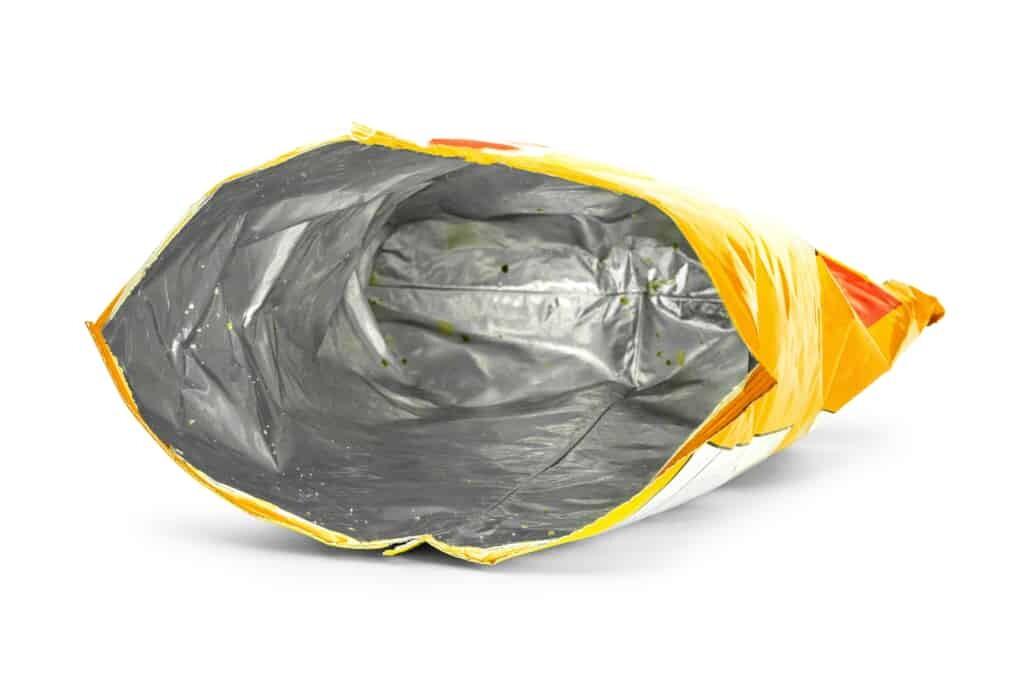
How biodegradable glue works
The molecular structure of biodegradable adhesive systems resembles that of natural polymers. However, micro-organisms - such as bacteria - break down the biodegradable materials, hence the name biodegradable. These adhesives exist as liquid solutions and hot melt solutions. Micro-organisms use enzymes to break down the adhesive into carbon dioxide, water and biomass.
As mentioned, to deserve the title ‘compostable’, the adhesive must break down within a specific period of time and under specific conditions, in either domestic or industrial processes. Unsurprisingly, of the two, the industrial one is far more common among compostable glues. Either way, the resulting products of both processes are beneficial, as they can be used for enriching soil, i.e. as compost.
EN 13432 - the European standard for biodegradable materials
Adhesives that are wished to be classified as biodegradable (or compostable) according to EN 13432, must pass four tests. These are biodegradation, disintegration, ecotoxicity and heavy metals test.
According to EN 13432, an adhesive is biodegradable if:
- 90% of the total mass of the adhesive is converted to CO2 within 180 days;
- The heavy metals in the product do not exceed the strict limits set in the standard;
- The products of broken-down adhesive can be used to enrich soil or are not harmful to plant growth in the area;
- The germination rate and plant biomass in the compost are more than 90% of those in the corresponding blank compost.
Looking for biodegradable adhesive or compostable glue?
As organizations and individuals take social and environmental responsibility more and more seriously, the demand for biodegradable adhesives is increasing. If you need a more sustainable and environmentally-friendly adhesive for your application, contact us. We will go the extra mile to deliver the most eco friendly solution for your application.
What solution are you looking for?
We are specialized in the about adhesives. Need the best products or advice? Then please leave your details and we will get in touch.
